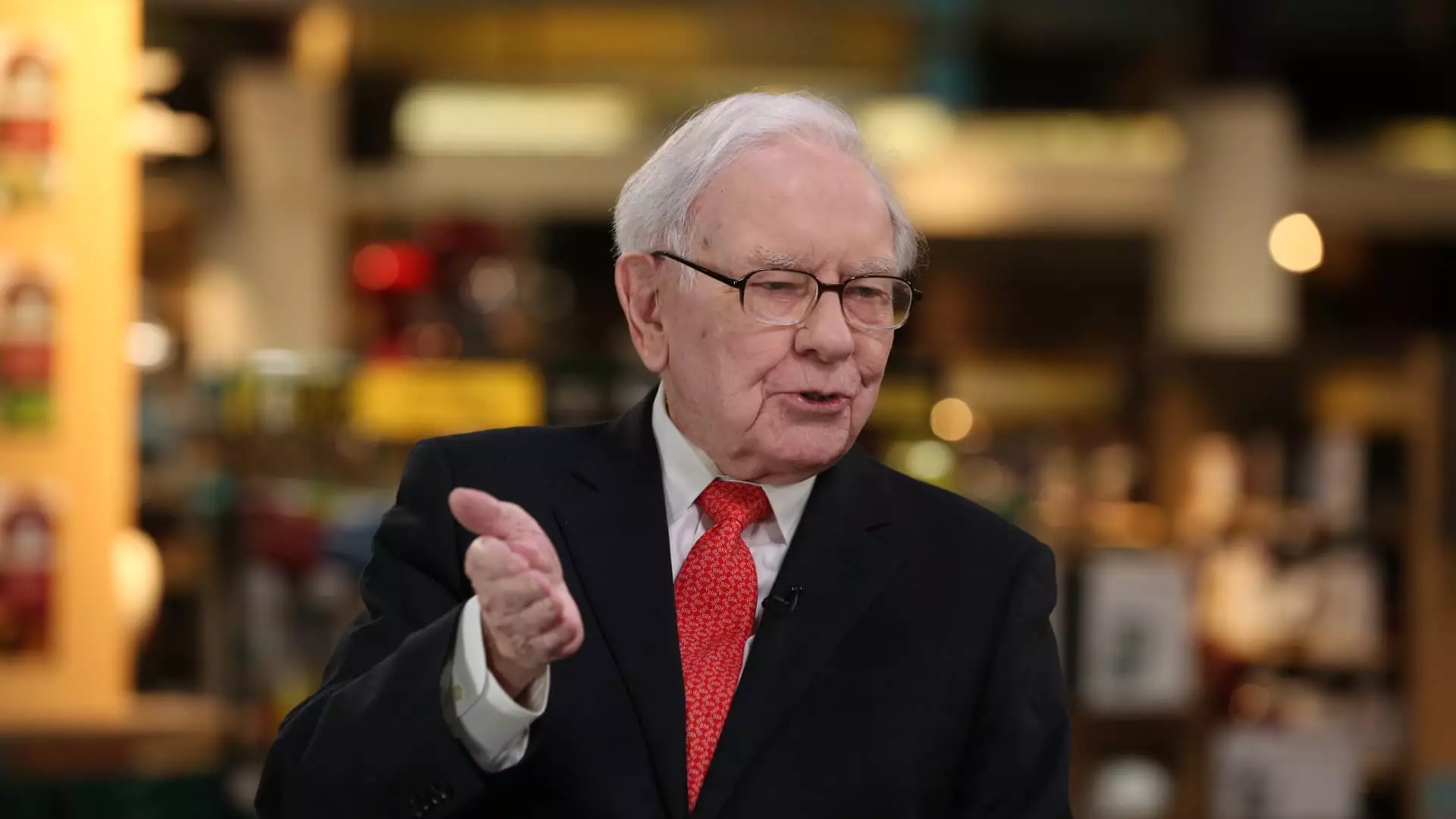The emergence of trade tension fueled by President-elect Donald Trump’s tariff threats has become a significant topic of discussion in economic circles. Renowned investor Warren Buffett has been vocal regarding the potential ramifications of such aggressive trade policies. Drawing on his experiences, Buffett cautioned that the strategies employed during Trump’s first term had far-reaching consequences not only for the United States but for the global economy as a whole. As Trump prepared to assume office, his proposed tariffs—25% on goods from Mexico and Canada and an additional 10% on Chinese imports—ignited fears of a rekindled trade war, stoking worries among economists and consumers alike.
Buffett highlighted a critical aspect of tariff implementation:
the immediate impact on consumer prices. He articulated that tariffs effectively function as a tax on consumers, increasing the cost of goods and thus altering purchasing behaviors. The legendary investor asserted that while the benefits of free trade may appear subtle, their absence would manifest in a sharp rise in prices that consumers would feel almost instantly. The complexities surrounding the pricing of goods become evident when one contemplates the implications of reduced imports. As consumers become accustomed to a certain price range, any disruptions caused by tariffs could lead to significant financial strain, undermining purchasing power and diminishing living standards.
In a globally interconnected economy, trade relationships are delicately intertwined. Buffett’s assertion that the world thrives on a structure approaching free trade emphasizes the role of cooperative economic strategies in fostering prosperity. When tariffs come into play, they complicate these relationships, instigating retaliatory actions from trade partners. Such conflicts can spiral into a full-blown trade war, reminiscent of the tumultuous consequences seen during Trump’s initial term. The unpredictability of shifting tariffs creates an environment of instability that can deter investment and hinder economic growth on a global scale.
Moreover, effective leadership is vital in navigating the complexities of trade policy. Buffett argued that presidents hold the responsibility of being “educator-in-chief,” a role exemplified by Franklin D. Roosevelt during the Great Depression. Clear communication regarding the rationale behind trade decisions is imperative. When leaders fail to articulate the reasons for such drastic policy shifts, it generates confusion and distrust among the populace. In light of Trump’s broad and often vague claims regarding tariffs, the lack of a coherent educational approach may exacerbate fear and uncertainty regarding future economic stability.
As the U.S. enters another chapter under presidential leadership, the potential for renewed tariff threats poses significant challenges. The prospective impact on consumers, the delicate balance of international trade relationships, and the necessity for effective leadership underscore the complexities of trade policy. Buffett’s insights serve as a cautionary tale: free trade offers tangible benefits that should not be overlooked, and the repercussions of aggressive tariff actions could usher in a tumultuous economic era. Ultimately, prudent consideration of both short-term gains and long-term consequences is paramount in shaping a prosperous economic future.

